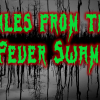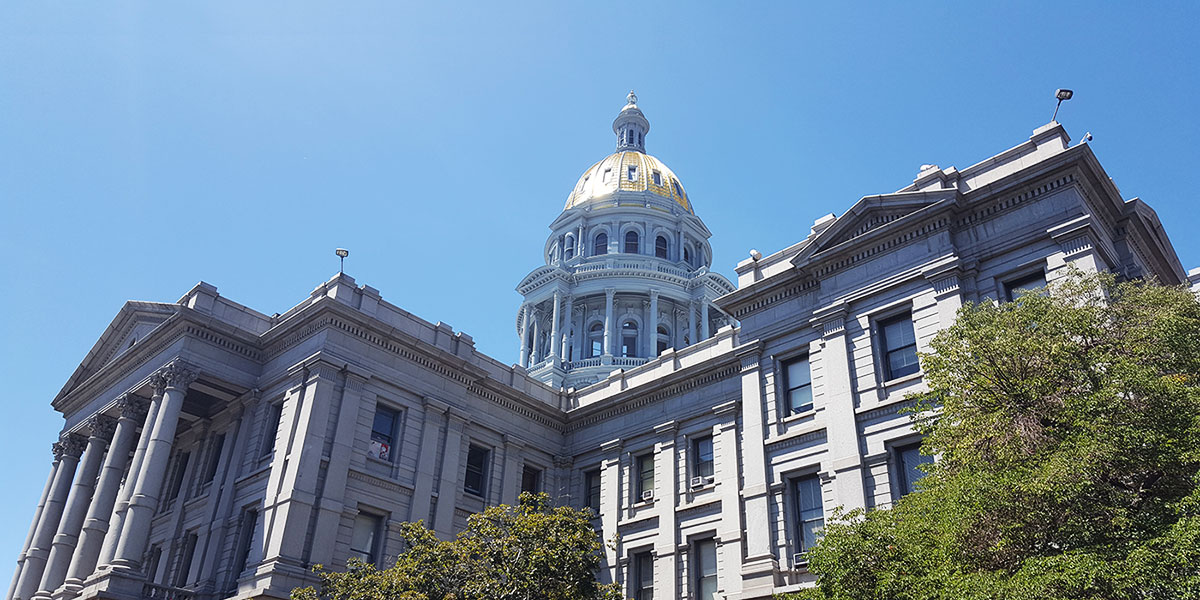Saturday morning, a group of Democratic state lawmakers from Aurora came together over Zoom to hold a virtual town hall in order to recap the unusual highlights of the 2020 legislative session, as well as answer questions from constituents.
State Sens. Nancy Todd (D-Aurora) and Rhonda Fields (D-Aurora) and state Reps. Mike Weissman (D-Aurora), Janet Buckner (D-Aurora), and Dominique Jackson (D-Aurora) were joined by guest Dr. John Douglas, Jr., Executive Director of Tri-County Health to discuss COVID-19 concerns.
Douglas provided updates about the state of coronavirus in Colorado, particularly in the Tri-County area, as well as what we can expect (and what we should do) to prepare for the fall.
“Over the last three weeks, we’ve seen increasing number of cases really in all three of the counties that we have jurisdiction over, as well as the city of Aurora,” said Douglas. “And we are up in Adams County, for example, to where we were in late April, and in Arapahoe and Aurora, about where we were in late March.”
“Now, a lot of this is undoubtedly due to better testing. And I wanna really emphasize that… We did not have nearly enough testing capacity, and frankly we still don’t, although it’s better,” said Douglas. “So if we look back at the ‘old days,’ if you will, of March and early April, what we were measuring was really incomplete, because we weren’t able to test everybody.”
“However, over the last week, we’ve begun to see an increased number of hospitalizations. We’re certainly seeing that in Arapahoe County… that’s beginning to tick up. And ‘tick’ means small. So we’re not talking anything vast,” Douglas continued. “But I look at what’s happened since Memorial Day in Arizona, Texas, California, Florida, in particular, and those started with ‘ticks.’ And so I wanna be really careful that we’re not getting into that kind of territory.”
Douglas expressed his concern that these concerning COVID-19 statistics could be due in part to the politicization of the pandemic both in Colorado and across the United States.
“Unfortunately, it’s just amazing to me how politicized so much of responding to the pandemic has been… Unfortunately even schools now, with the president having weighed in, just, you know, ‘my way or the highway,’ and ‘I’ll cut off your money if you don’t do what I say’ is just–I really worry that’s now gonna make that yet another politicized issue,” Douglas remarked.
Local politicization of the pandemic has been particularly apparent in the latest drama to occur between Douglas County and the Tri-County Health Department. Not only has Douglas County opted out of Tri-County’s mask order, but it has also decided to exit Tri-County’s jurisdiction entirely.
Douglas County’s decision to opt-out of required face coverings in public spaces results in a “patchwork” of different ordinances in a region where people commute between counties often.
“Patchworks are not good,” said Douglas. “I would really like for the governor to step up and issue a statewide order [on mask-wearing].”
Preventative measures such as mask-wearing, socializing in places with good ventilation (or outdoors, if possible), and getting this year’s flu vaccination will be key to entering the fall season with lower rates of disease spread, according to Douglas.
In response to questions about whether we will see COVID-19 spikes as fall comes and people move indoors, Douglas replied, “Yes. Absolutely. I think it would be astounding if we didn’t see that.”

The pandemic has also severely impacted the state’s budget for this fiscal year with massive cuts, especially to education.
According to Sen. Todd, the legislature was “able to remedy at least this year, with it not being as damaging as we once thought it would be.”
With school funding a high priority on many lawmakers’ minds, Todd stated that after budget cuts, around $8,489 was still available per pupil, which she felt positive about.
However, “it will be even more dire next year,” said Todd.
Rep. Weissman echoed similar worries for next year’s budget.
“We fully expect that the next fiscal budget for 21-22 will be very difficult, maybe as difficult as what we just had to do, possibly worse in that there are some matters we did this year, such as transferring unused balances from what are called cash funds, that we can’t equally do next year,” said Weissman.
This makes the Fair Tax law, an initiative Todd hopes will get on the ballot, even more important. The Fair Tax would provide a tax cut to 95 percent of Coloradans, while raising income taxes on the top five percent of earners. The extra tax revenue would be used for schools and other essential needs like affordable housing and health care.
Although the budget may be temporarily out of the woods, other fights have only begun. Take, for example, the Greenwood Village City Council’s recent resolution to protect the city’s police officers from personal liability. The resolution is a response to the recently passed Law Enforcement Integrity Act, which ends qualified immunity for Colorado officers, in addition to other police reforms.
Sen. Fields, a strong supporter of the new law, vocalized her disappointment in the city’s announcement:
“I think there’s other ways that we could partner with [Greenwood Village officials], get a better sense of what it is, what their intentions are, see if there’s a legislative fix–but to telegraph to the community and to the state that they’re not gonna comply with the merits and the intent of the bill is just shocking,” said Fields. “And it’s just unbelievable that we have people–elected officials–saying that ‘we’re gonna pick and choose what laws we wanna follow.'”
Fields said she reached out to city officials and the mayor of Greenwood Village, but has not heard anything back.




